“And do you belong? I do.”
So sings Solange on last year’s critically acclaimed album “A Seat at The Table.” That line, from the song “Weary,” sees the neo-soul singer affirm her belonging within a divided nation. This feeling was confronted by current student executive board members of multicultural organizations on campus who offered their experiences and wisdom pertaining to race relations at Loyola.
On the evening of Sept. 6, the Black Student Association (BSA) held its annual Culture Shock Panel. This panel allowed the audience to hear and understand various perspectives on topics ranging from micro-aggressions with students and faculty, the current political climate, and the importance of creating a shared, safe community for students of color.
Cierra Thurmond ’20, the moderator for the evening and the director of public relations for BSA, first asked the panelists about initial impressions of attending a predominantly white institution. “I didn’t see a lot of diversity when I was first attending Loyola,” African Student Association President Adefunke Atitebi ’19 said. BSA Treasurer Allie Best ’19 added, “I had to find my people to know where I belong.”
That belonging for many of the panelists came from many of the clubs that stem from the ALANA Services umbrella. As a department that unites to empower persons of color, ALANA has successfully brought a sense of belonging to students of different ethnicities and cultures. One way that ALANA achieves this sentiment among students of color on campus is through its Multicultural Awareness Program (MAP) pre-fall First Year experience.
For Antwon Allen ’20, event coordinator for BSA, “finding a group of like people through MAP” was instrumental in his adjustment process. Clarissa Gonzalez ’18 echoed that feeling, affirming that the pre-fall program helped immediately establish a firm sense of community for herself and all those who have participated. Gonzalez spoke at the panel as the Elham Elder for Mosaic: A Women of Color Initiative and a member of ALANA’s Association of Latin American and Spanish Students (ALAS) group. Even though MAP has been an important part of the student of color experience on campus, “it’s not all rainbows and Skittles,” Allen said. Loyola still has work to do.
“We have to celebrate ourselves or else the university wouldn’t at all,” Allen said.
The panelists then denoted several instances of micro-aggressions they have experienced, including but not limited to: rudely commenting on hair stylings, constantly feeling the responsibility to educate misguided ignorance, and giving more weight and priority to white students’ insights in the classroom.
The current political climate, especially through the lens of the latest presidential election, was also briefly discussed. Here, panelists expressed the difficulty of reconciling their peers’ lack of empathy with the need to further educate the ignorant, both of which can feel like heavy burdens.
Part of the breaking down of stereotypes comes from the understanding that those from different cultures have different experiences on individual bases. Assumptions that a whole group of people feels a certain way are fruitless and often lead to further ignorance.
Events like this dispel those stereotypes in favor for a closer pursuit of truth, justice, and a sense of belonging by offering many different perspectives on race relations. BSA and ALANA encourage all persons of different cultural, ethnic and racial backgrounds, as well as their allies, to join together for a year of similar programs and events.








































































































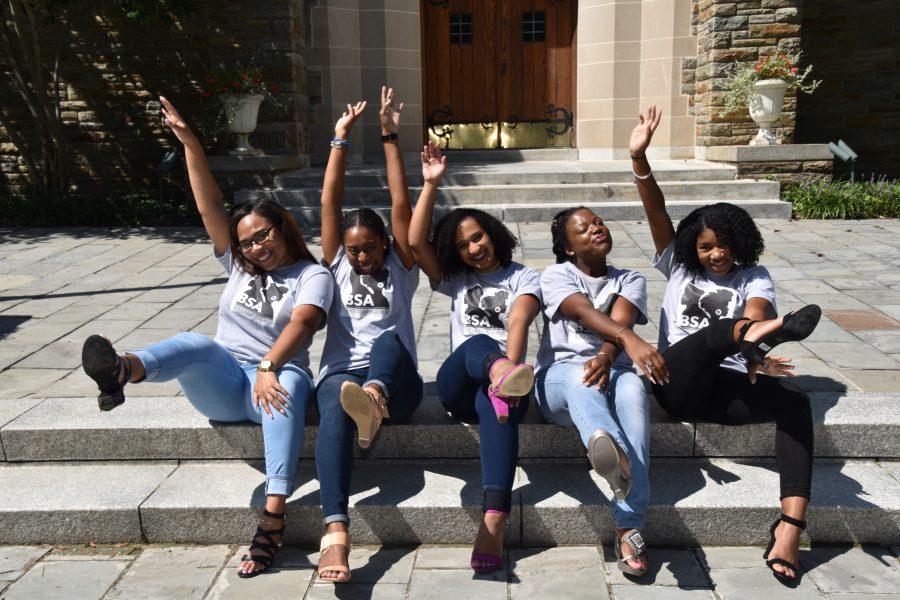
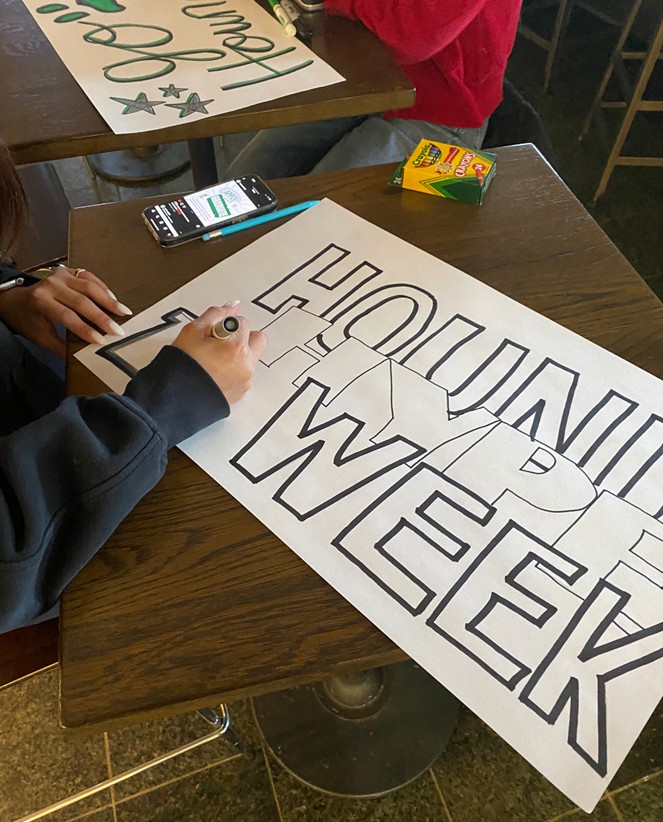
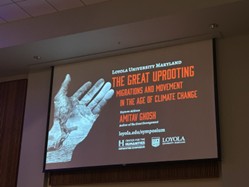
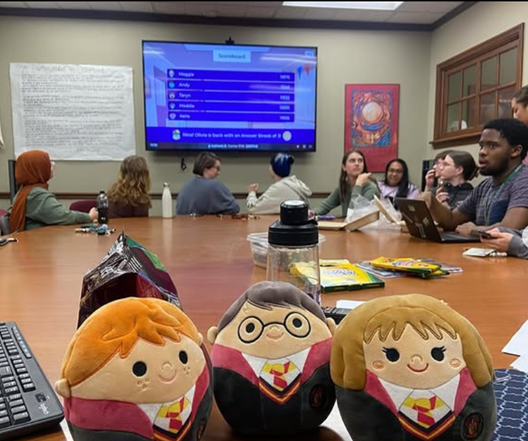
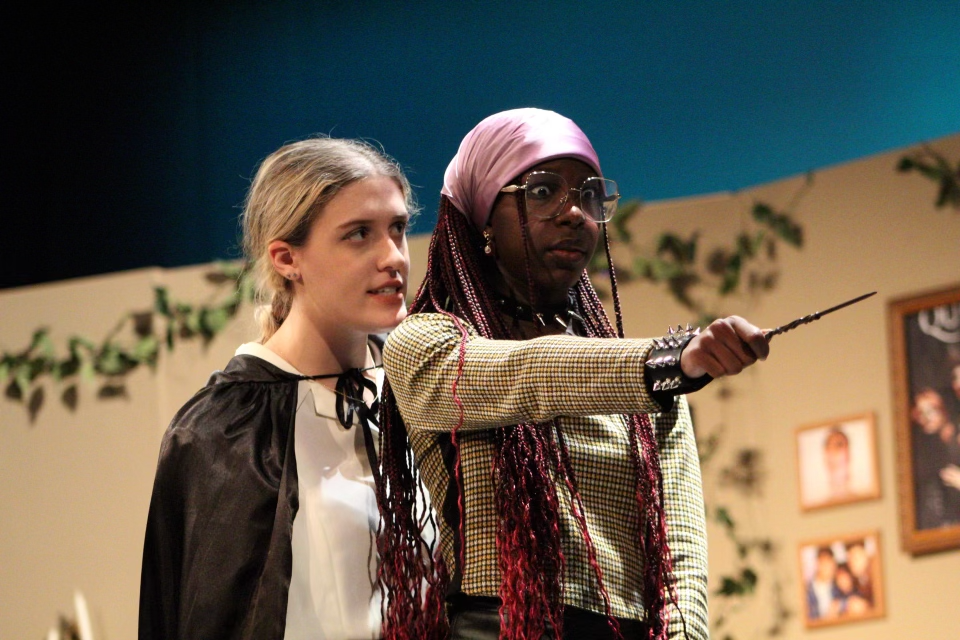
Anonymous • Sep 21, 2017 at 9:49 pm
5